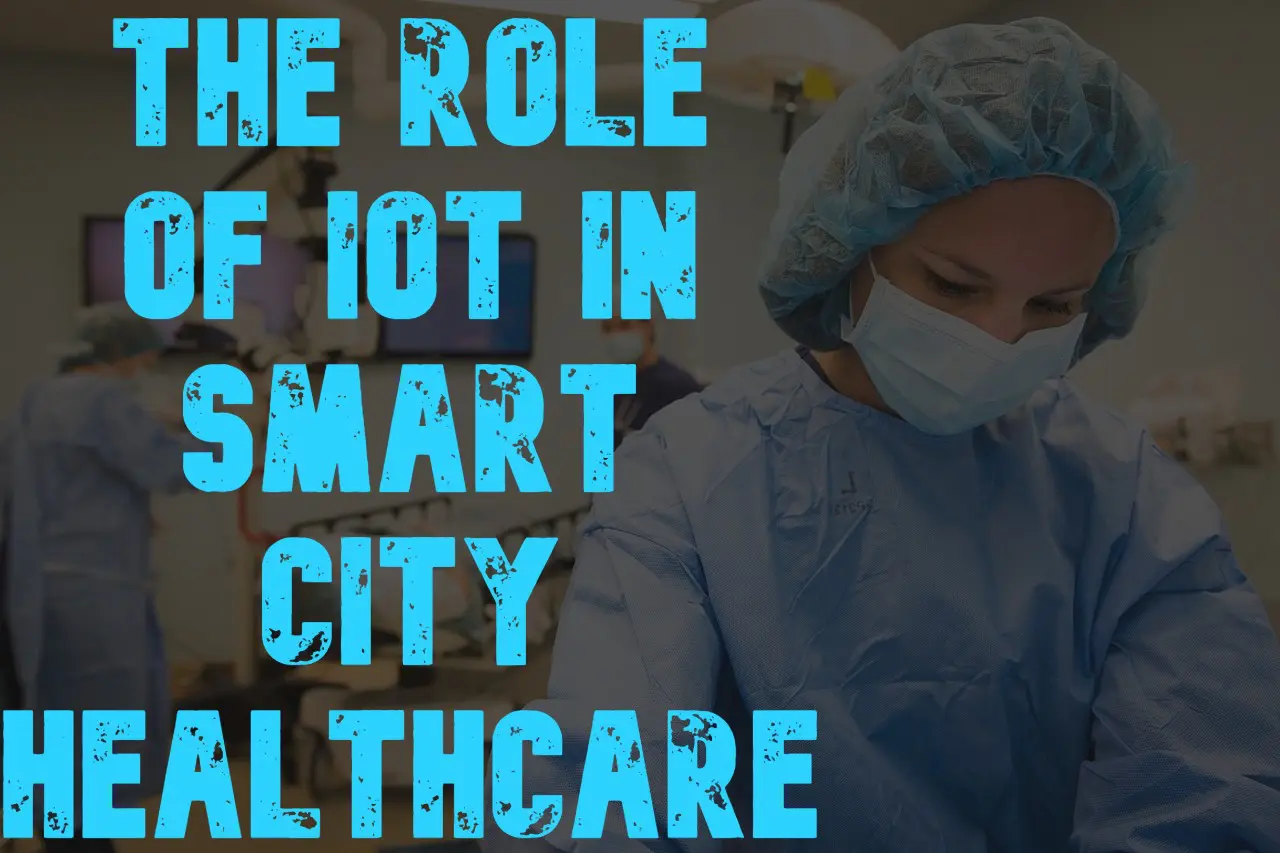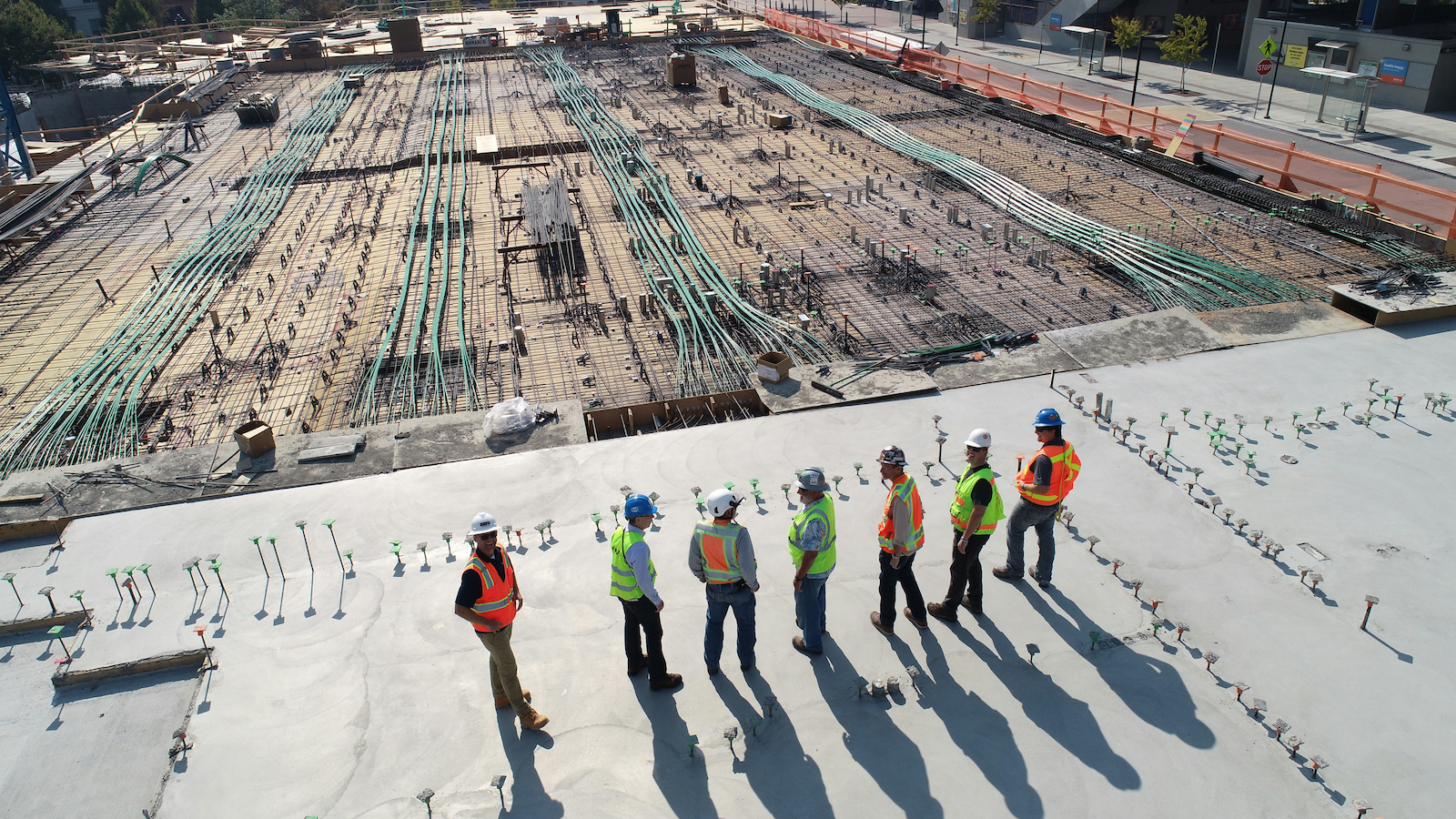
Smart Healthcare for a Smart city
Smart healthcare counts as one of the most important facilities of a smart city. The health sector has been improving over the past few years, but with the urban lifestyle and denser population, it becomes essential to look after citizens in a fast and efficient manner. Health care is escalating up so fast that according to an estimate, it will make up around 15% of all smart city businesses by 2020.
What is Smart Healthcare?
Smart Healthcare combines health with smart technologies such as a mobile phone. Numerous initiatives have been taken to encourage a broader view of well-being and health. Hence, smart wearable devices such as fitness bands, fitness trackers, and even health assessment apps have gained popularity among fitness enthusiasts. These devices are smart in the sense that these not only monitor your health but also provide solutions when required.
Smart Healthcare is centered around Smart devices. Smart health technologies engage and interact with data produced by smart devices. This data can be then analyzed by doctors, healthcare professionals, and researchers for better diagnosis and treatment. These digital solutions save time and expenses for both hospitals and patients. These solutions suggest preventive measures, along with personalized medications and treatments. All of this is done via real-time data collection.
Role of IoT in Smart Healthcare
Smart Cities are based around connectivity, and so is the smart healthcare. Connectivity helps citizens to communicate with authorities easily. And it helps authorities to gather more data of citizens which can be used for better public healthcare planning.
IoT in healthcare allows connecting sensors and smart devices to collect data which is used for gaining valuable insights. IoT can play an important role in healthcare observation and may help in early detection of health issues.
IoT can also help in integrating the data collected from tests instantly, monitoring the condition of the patient, and then conveying that information to medical staff and doctors in real-time. Hence, it improves the effectiveness of the overall health care system. Personalized IoT-based health assessing devices will revolutionize the way we track the health of individuals in the near future.
Role of AI in Smart Healthcare
When health data is collected, it must be managed and analyzed for correct treatment. This is where automation and Artificial Intelligence comes in.
AI is utilized for performing tasks like analysis of laboratory tests, CT scans, MRI scans, x-rays, and data entry. AI-powered apps can be utilized for accessing the current medical condition of patients which can be useful in medical consultation.
Methods of maintaining and populating Electronic Health Records are being redefined by technologies like Blockchain. Technologies like these can also help in linking the medical records to other services such as insurance and payments.
These technologies are necessary for making healthcare a more pronounced process, with absolute results, and providing services which are more pertinent to the lifestyle of the modern citizen. Improving data analysis and continuous innovation will also help in making it an area of consistent enhancement which will continue to invent new ways of keeping people fit and healthy.



